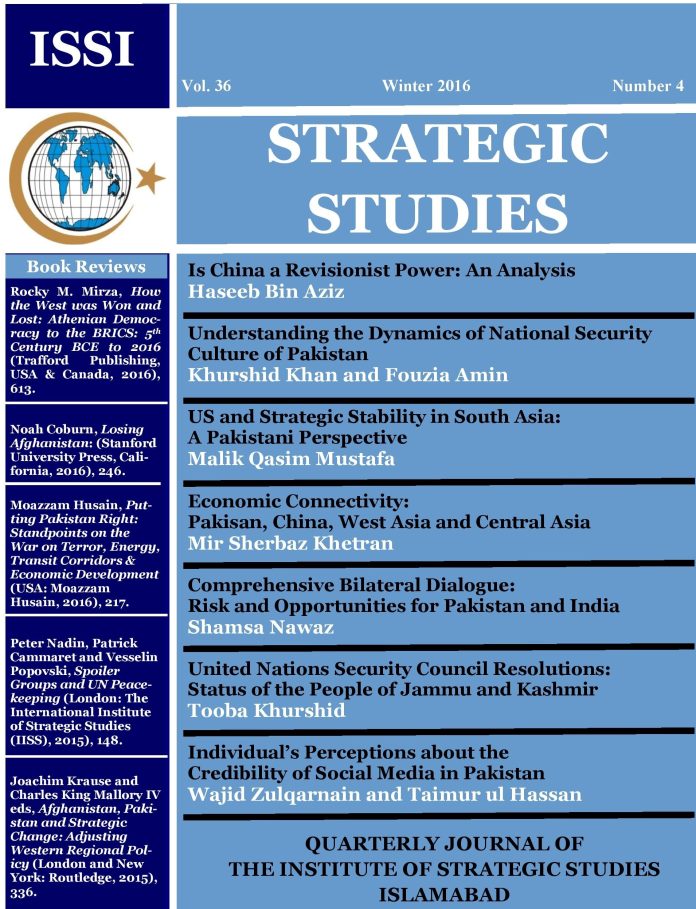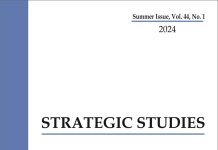Afghanistan, Pakistan and Strategic Change: Adjusting Western Regional Policy co-edited by Joachim Krause and Charles King Mallory IV analyses the nature of the current strategic changes in the Afghanistan-Pakistan (Af/Pak) region. It is a part of the Asian Security Studies series and comprises of three parts each containing a series of articles. In the context of international disengagement with Afghanistan, the book addresses and answers three questions: What has gone wrong in the past with regard to Afghanistan and what strategic adjustments are needed? Is Pakistan a strategic ally of the West, or has Pakistan become a strategic obstacle? and What are the possible future scenarios and policy options, and what does strategic re-adjustment really mean? The key topics this book addresses are the prospects of peace and democratic transition in Afghanistan; militant Islam in South Asia and how it features in Pakistan’s engagement with the West; the North Atlantic Treaty Organisation (NATO) withdrawal from the country and its impact on Afghanistan and the wider region; and a critical evaluation of the Western involvement in the region since October 2001.
The first part of the book analyses the situation after the US-led invasion of the country in 2001. It contains many rich firsthand details regarding what went wrong in Afghanistan after the commencement of Operation Enduring Freedom. Schroeder argues that the international community’s initial engagement with Afghanistan lacked any long-term plans concerning political and physical reconstruction of the country (p.59). Simultaneously, the Western policies were mainly focused on the Afghans living in urban areas. As a result, around 75 per cent of Afghanistan’s rural residents were neglected. It is no surprise, therefore, that the population in these rural areas contributed greatly to the Taliban cadres, once the insurgency in Afghanistan picked up speed in 2006. Furthermore, as Schroeder argues, the Western powers were also reluctant to dispatch ground forces to Afghanistan’s distant areas to ensure stability and order in the aftermath of the invasion in 2001. Instead, they relied on local militia leaders and their fighters to act as legitimate security forces in these areas. This ill-thought-out strategy had the effect of dragging the international community into the tribal politics of Afghanistan. This in turn led to the favouring of certain tribal leaders, thereby setting the stage for further divisions within the country towards the end of the decade.













